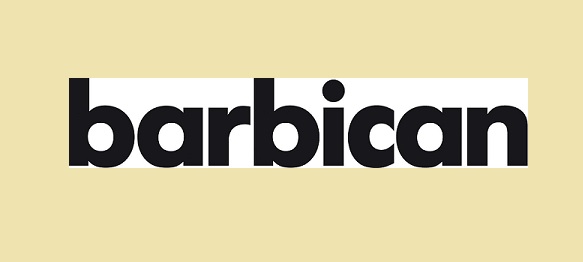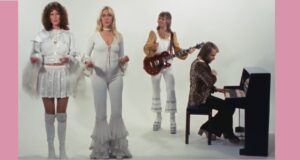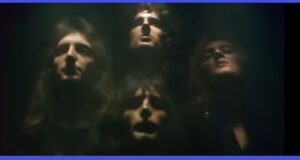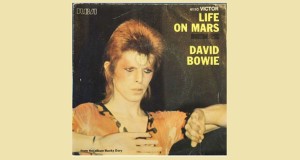Even though we live here, Londoners are sometimes less likely to go to some of the capital’s major arts attractions than those who have to make a major journey to get here. Maybe that’s partly because the events are often elite, rather than mass, culture. Maybe part of the reason is that the major venues are not that easy to get to. One way to cut down journey time is to look at what’s going on at the Barbican – and highlights of the autumn programme have just been released, so event tickets are now on sale.
For those interested in the visual arts, from 21st October the Barbican Arts Gallery will be hosting a major exhibition of Charles and Ray Eames, two of the most important designers of the 20th Century. The story of the Eames Office is that of the trajectory of visual and material culture in the post-war period of the last century. Charles and Ray Eames moved fluidly between the mass-production of objects for everyday use and the transmission of ideas through exhibition, film or installation, in anticipation of the global Information Age. They were driven by philosophical ideals that privileged knowledge, discovery and discipline; embraced the potential of technology and science for the common good; and saw no separation between life and work. Ambitious parents could inflict the exhibition on their precious teenagers who are taking Design and Technology type GCSEs: they may find it inspirational.
Among the musical highlights is Transcender, the Barbican’s long weekend of transcendental and psychedelic music, starting on 24th September. This year there’s music from The Netherlands, Bulgaria, Iran, China, Germany, Pakistan and Australia. The music may put you in the mood for the short season of abstract and psychedelic films showing a week later. A second highlight comes on Monday, 9th November, with a performance of Blood & Roses: the songs of Ewan MacColl. Folk aficionados will recognise this as a commemoration event first performed in Glasgow earlier this year to mark 100 years since MacColl’s birth. The event is curated by his sons, who will also play, and among the special guest artists is Peggy Seeger.
If you’re in the mood for a serious bite of upmarket music, the Gewandhausorchester Leipzig will be performing a whole load of Richard Strauss’s tone poems in October, with talks and masterclasses built around the performance programme.
If that’s a bit much, try dipping your toes into something shorter over hallowe’en weekend, which sees a series of short and more informal concerts and related talks. If jazz is more your thing, watch out for the jazz festival between 13th and 22nd November. There’s a range of music – including an appearance from Ice-T, who features in a jazz poem which recreates the journey from the Harlem Renaissance through the beat poets and the birth of bebop, to the explosion of black performance art in the 60s.
Shostakovich day is on 13th December: marking 40 year’s since the Russian composer’s death. On a lighter note, there’s a special evening celebrating the songs of Lee Hazlewood on 25th October. Lee Who? Lee Hazlewood who wrote These boots are made for walkin’ and other easy listening standards. There’s also a series of performances of electronica and techno music on various dates over the season.
The Barbican is a busy cinema, with a special series of films in September grouped in the theme “the colour of money” – which promises an exploration of power, wealth, poverty, gentrification, corruption, consumerism and the living wage through films across a range of genres.
In the theatre, Sonia Friedman Productions presents Hamlet (with Benedict Cumberbatch) until 31st October. After that, it’s an RSC production of Henry V.
Among the talks and lectures is a talk from Shami Chakrabarti on 14th October entitled “Is our freedom under threat?” Shami will explore how human and civil rights are under unprecedented pressure and why governments are trading greater security for less freedom. It’s a curtain opener to the Battle of Ideas festival on17th and 18th October, which sees 400 world-leading speakers take part in 100 panels with a public audience of over 2,000 on key issues such as: the crisis of liberal values in the age of ISIS; free speech post-Charlie Hebdo; the state of European democracy after Greece; bioethical dilemmas over life and death; and whether artificial intelligence offers a threat to humanity – or a new age of economic renaissance. Check out the details on: www.battleofideas.org.uk
For more information on events at the Barbican, go to: http://www.barbican.org.uk
 East London News A Force for the community…
East London News A Force for the community…




